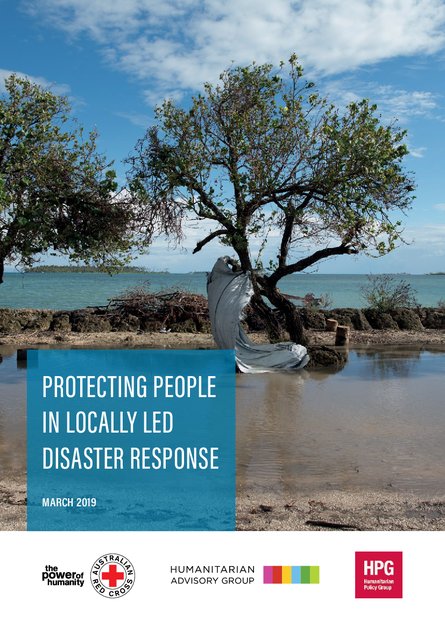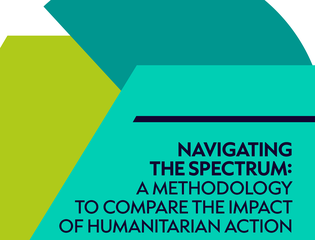
How will the shift to increased local and national leadership in humanitarian response impact on protection outcomes for affected communities?
Will it reinforce negative gender and cultural biases and leave marginalised groups without adequate protection? Or will it strengthen protection outcomes as local, national and international actors better recognise and strengthen each other’s complementary protection roles and responsibilities?
‘Protecting people in locally-led disaster response’ affirms that there are distinct and important continued protection roles for local, national and international actors in the Pacific. With a better understanding of the core national actor roles and the potential complementary international actor roles there is the opportunity for actors to better support each other and better protect affected communities.
This research is co-funded by the Australian Government, through DFAT, and the Australian Red Cross as part of a research collaboration between the Humanitarian Policy Group and Humanitarian Advisory Group.
